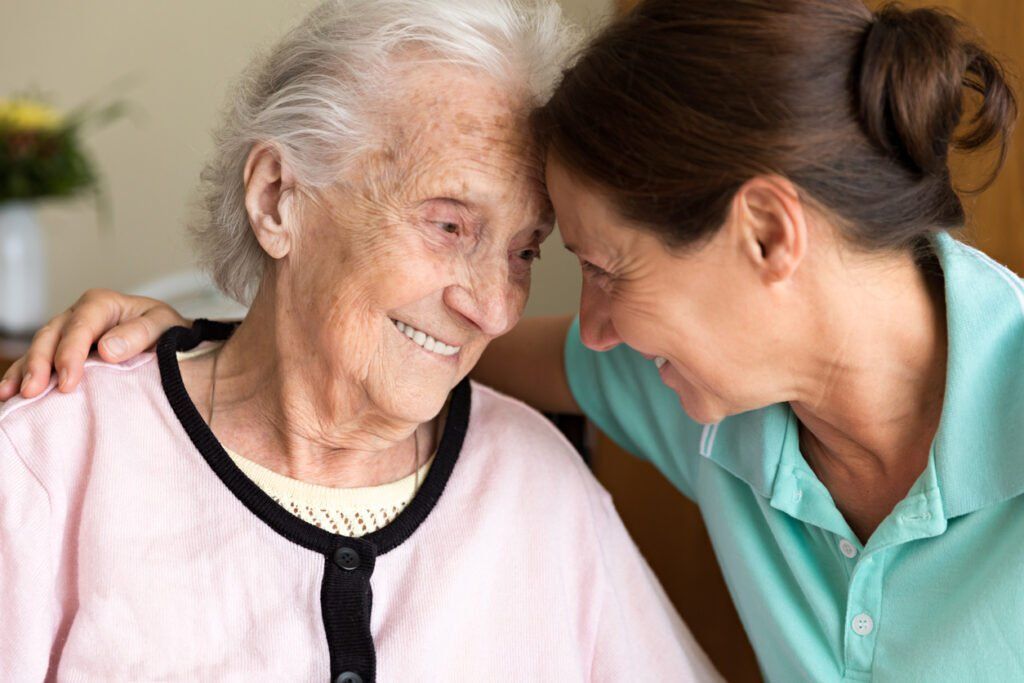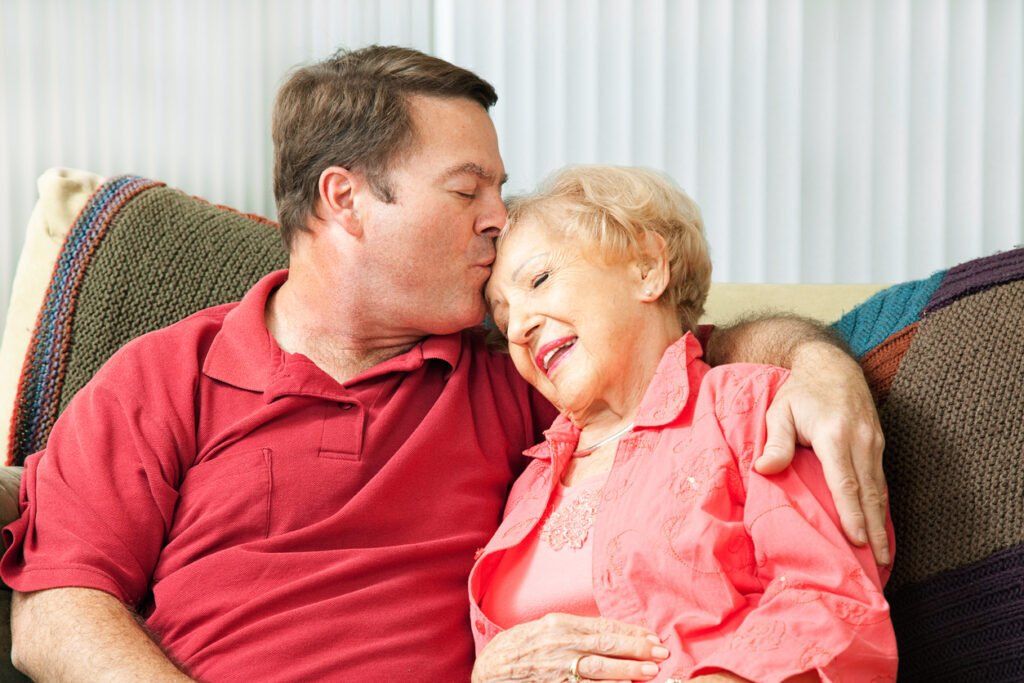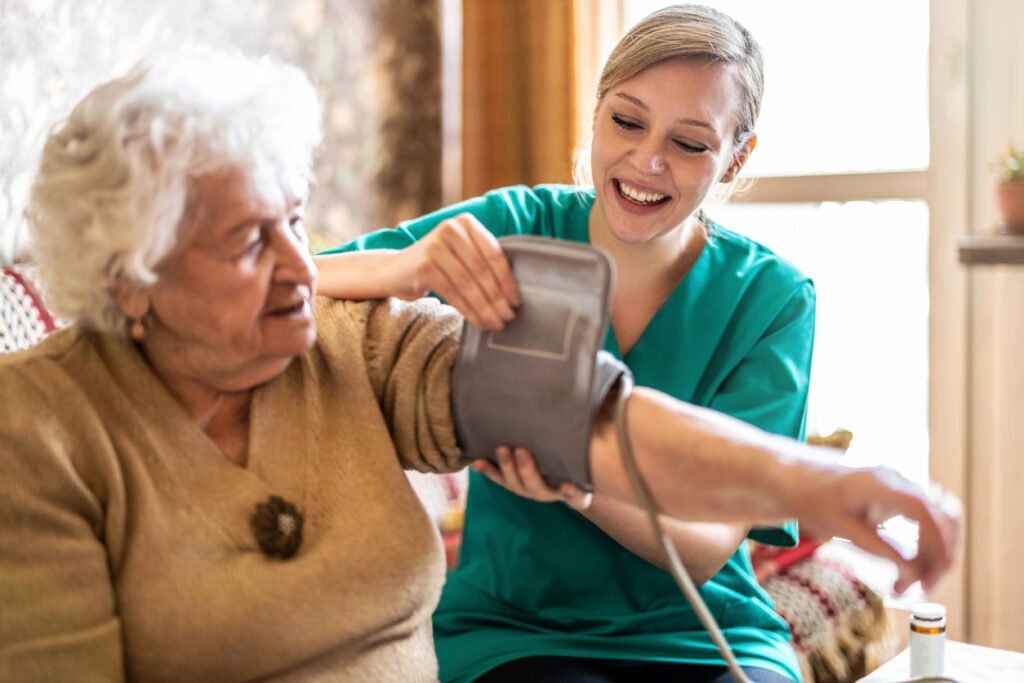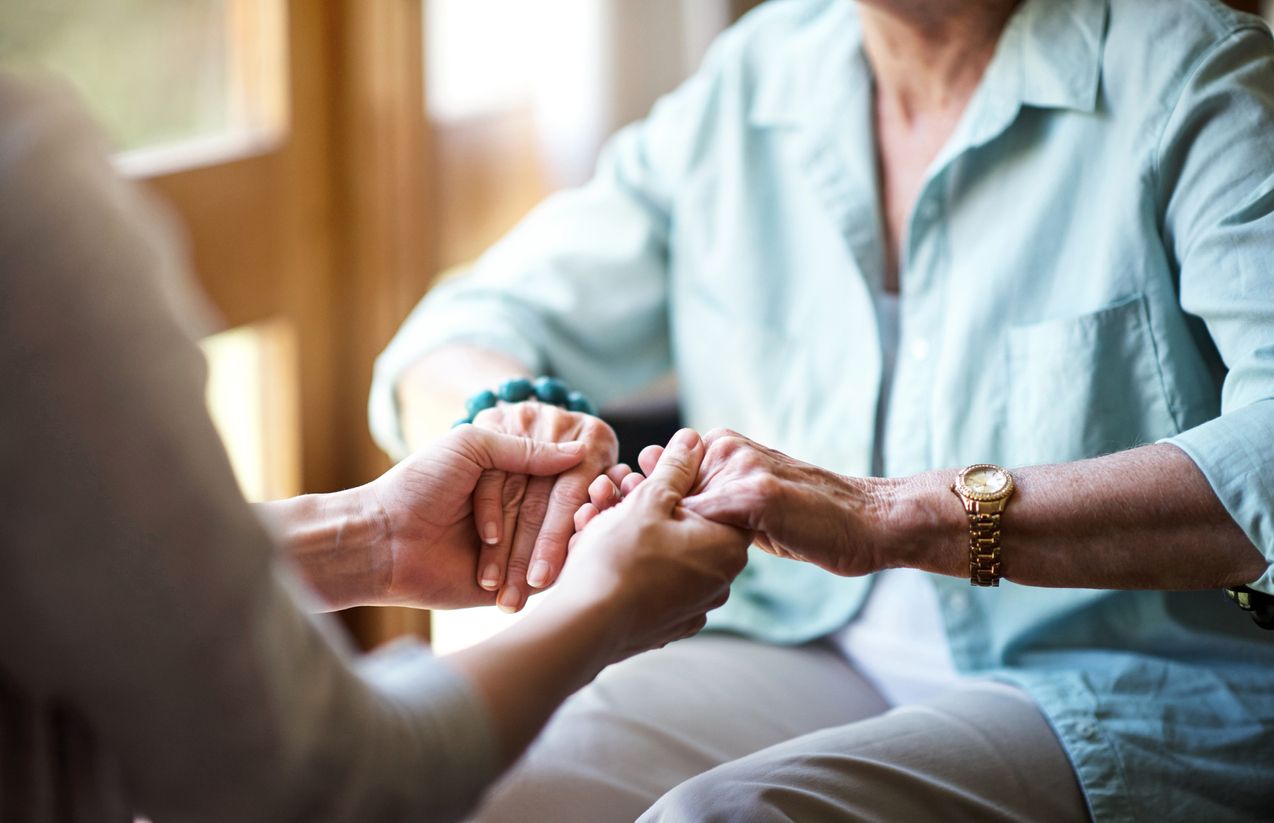The Hidden Secret of Elder Abuse in Kansas City
Here is a great article that I found and wanted to pass on to you. For more assistance with an aging loved one in your life, visit our website at www.kchomecare.com.
Many elderly people rely entirely on family or other trusted individuals to help them. Whether it is for physical needs or emotional needs, as people grow older they tend to need more and more help from others. This dependence on caregivers or family members makes an older person more vulnerable for abuse.
For example, an older person relying on her children to provide meals and transportation and help her with financial decisions, finds it difficult to complain when one of her children takes advantage of her. If, for instance, the child takes her money, hits her or neglects her care, the parent may be threatened with loss of support from the child if the parent complains. The child may also use threats of violence to keep the parent in line.
It is estimated that 5% to 10% of elderly Americans are suffering abuse. According to the National Committee for the Prevention of Elder Abuse,
spiraling rates of elder mistreatment are reported by both practitioners and researchers. In a recent national study of Adult Protective Services (APS), typically the agency of first report concerning elder abuse, there were 253,421 reports of abuse of adults age 60+ or 832.6 reports for every 100,000 people over the age of 60 (Teaster, Dugar, Otto, Mendiondo, Abner, & Cecil, 2006). The National Elder Abuse Incidence Study (National Center on Elder Abuse, 1998) found that more than 500,000 persons aged 60+ were victims of domestic abuse and that an estimated 84% of incidents are not reported to authorities, denying victims the protection and support they need.
Much attention has been focused on abuse in nursing homes, but most of the elder abuse in this country is at the hands of family members or other caregivers in the home.
In 2004, Utah Adult Protective Services workers investigated approximately 2,400 allegations of abuse, neglect or exploitation of vulnerable adults. In Utah, a vulnerable adult is defined as an elder adult (65 years of age or older) or an adult (18 years of age or older) who has a mental or physical impairment, which substantially affects that person’s ability to protect or provide for themselves. The majority of the victims were females between the ages of 60-89 and 60% of the perpetrators were family members/relatives, while 24% were non-related paid caregivers.
The protective needs identified were as follows:
- self-neglect 31%
- physical abuse 16%
- exploitation 19%
- caretaker neglect 12%
- emotional abuse 19%
- sexual abuse 3%
In conducting the investigations, it was not uncommon to find that adults who were self-neglecting were also being exploited or abused. As stated previously, these statistics are based on approximately 2,400 cases, thus, if only one in ten cases are ever reported, it is possible that there were actually 24,000 or more cases in Utah that year. We suspect 9 out of 10 is close to the actual ratio of unreported versus reported cases in Utah.
We also believe that Utah’s lack of reporting elder abuse is not unlike other states in the country. We suspect all the states are experiencing close to the same ratios of underreporting as in Utah.
There are a number of reasons why incidents of abuse, neglect, or exploitation are not reported to Adult Protective Services or other authorities. One of the most common reasons is the victim’s fear of losing support. Many of the perpetrators are family members and the victim fears that reporting the crime will result in removal of the caregiver, as the perpetrator may face incarceration or may discontinue relations with the victim once accused, charged, or convicted. Many of these victims fear that by reporting abuse they will be left alone and expected to care for themselves or they will be forced to live in a nursing home.
Many states have implemented mandatory reporting laws to assist in the prevention of abuse, neglect or exploitation of vulnerable adults. Utah is one of the many states to have a mandatory reporting law (U.C.A. 76-5-111). Utah law states that any person who has reason to believe that a vulnerable adult has been the subject of abuse, neglect, or exploitation shall immediately notify Adult Protective Services or the nearest law enforcement agency. Anyone who makes the report in good faith is immune from civil liability in connection with the report; however, any person who willfully fails to report is guilty of a class B misdemeanor.
It is important to note that the anonymity of the person or persons making the initial report and any other persons involved in the subsequent investigation shall be preserved and may only be released in accordance with the rules of the division (U.C.A. 62A-3-311). In addition, all investigation information is confidential.
The following is a list of indicators of abuse, neglect or exploitation. It is important to note that the following lists are merely indicators and may not always be violations.
Signs of Abuse:
- Unexplained bruises, welts, fractures, abrasions or lacerations
- Multiple bruises in various stages of healing
- Multiple/repeat injuries
- Low self-esteem or loss of self determination
- Withdrawn, passive
- Fearful
- Depressed, hopeless
- Soiled linen or clothing
- Social Isolation
Signs of Neglect/Self-Neglect:
- Dehydration
- Malnourishment
- Inappropriate or soiled clothing
- Odorous
- Over/under medicated
- Deserted, abandoned or unattended
- Lack of medical necessities or assistive devices
- Unclean environment
- Social Isolation
Signs of Exploitation:
- Missing/”disappearing” property
- Inadequate living environment
- Frequent/recent property title changes or will changes
- Excessive home repair bills
- Forced to sign over control of finances
- No/limited money for food, clothes and other amenities
Prevention can only occur if there is awareness, the statutes are adhered to, and any suspicions of abuse, neglect or exploitation of vulnerable adults are immediately reported to Adult Protective Services and/or law enforcement.
All states have agencies that receive complaints of abuse. In some states, failure to report abuse of the elderly is a crime. To contact an abuse complaint department, call your local area agency on aging. To find an area agency on aging near you, go to http://www.longtermcarelink.net/eldercare/ref_state_aging_services.htm
The post The Hidden Secret of Elder Abuse in Kansas City appeared first on Kansas City Home Care.
REQUEST FREE
IN HOME ASSESSMENT
REQUEST FREE IN HOME ASSESSMENT









